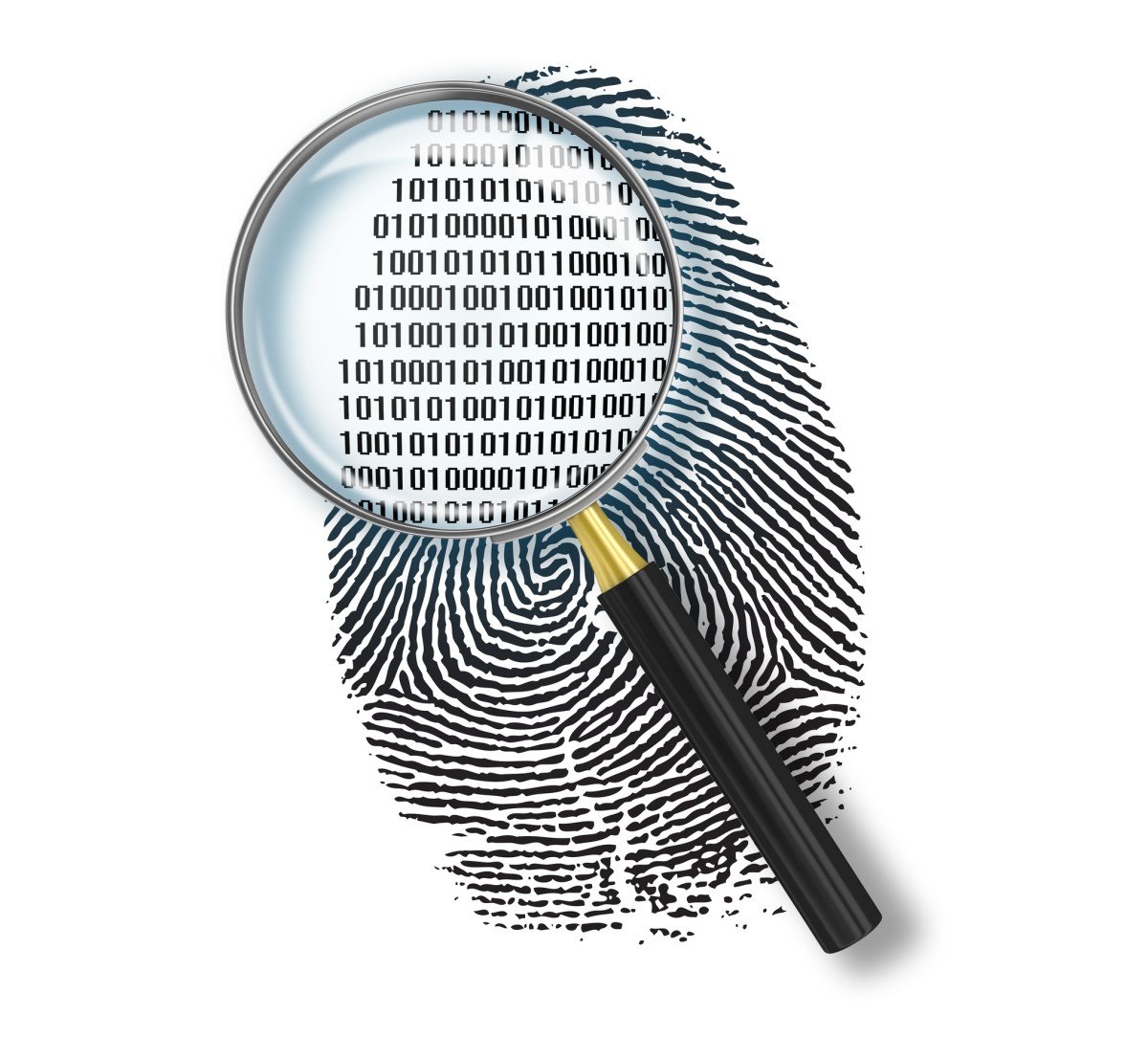course content

The curriculum of a training diploma in digital investigation and security investigation may include the following subjects:
1. Cybersecurity Fundamentals: Introduction to basic concepts, terminologies, and principles of cybersecurity, including threat vectors, vulnerabilities, and risk management.
2. Digital Forensics: Techniques for collecting, preserving, and analyzing digital evidence from computers, mobile devices, and other digital media.
3. Network Security: Understanding network protocols, firewalls, intrusion detection systems, and network monitoring for preventing cyber attacks.
4. Incident Response: Developing skills to respond effectively to cybersecurity incidents and mitigate the impact of security breaches.
5. Cyber Laws and Ethics: Overview of relevant cyber laws and ethical considerations in digital investigations.
6. Malware Analysis: Techniques to analyze and identify malicious software, such as viruses, worms, Trojans, and ransomware.
7. Cryptography: Understanding encryption algorithms and their applications in securing data and communications.
8. Information Security Management: Strategies and best practices for ensuring the confidentiality, integrity, and availability of information assets.
9. Cyber Threat Intelligence: Utilizing threat intelligence to proactively defend against cyber threats.
10. Digital Security Tools: Familiarity with various software and tools used in digital investigation and security analysis.
11. Mobile Device Forensics: Techniques for extracting and analyzing data from smartphones and tablets.
12. Cloud Security: Understanding the security challenges and solutions associated with cloud computing.